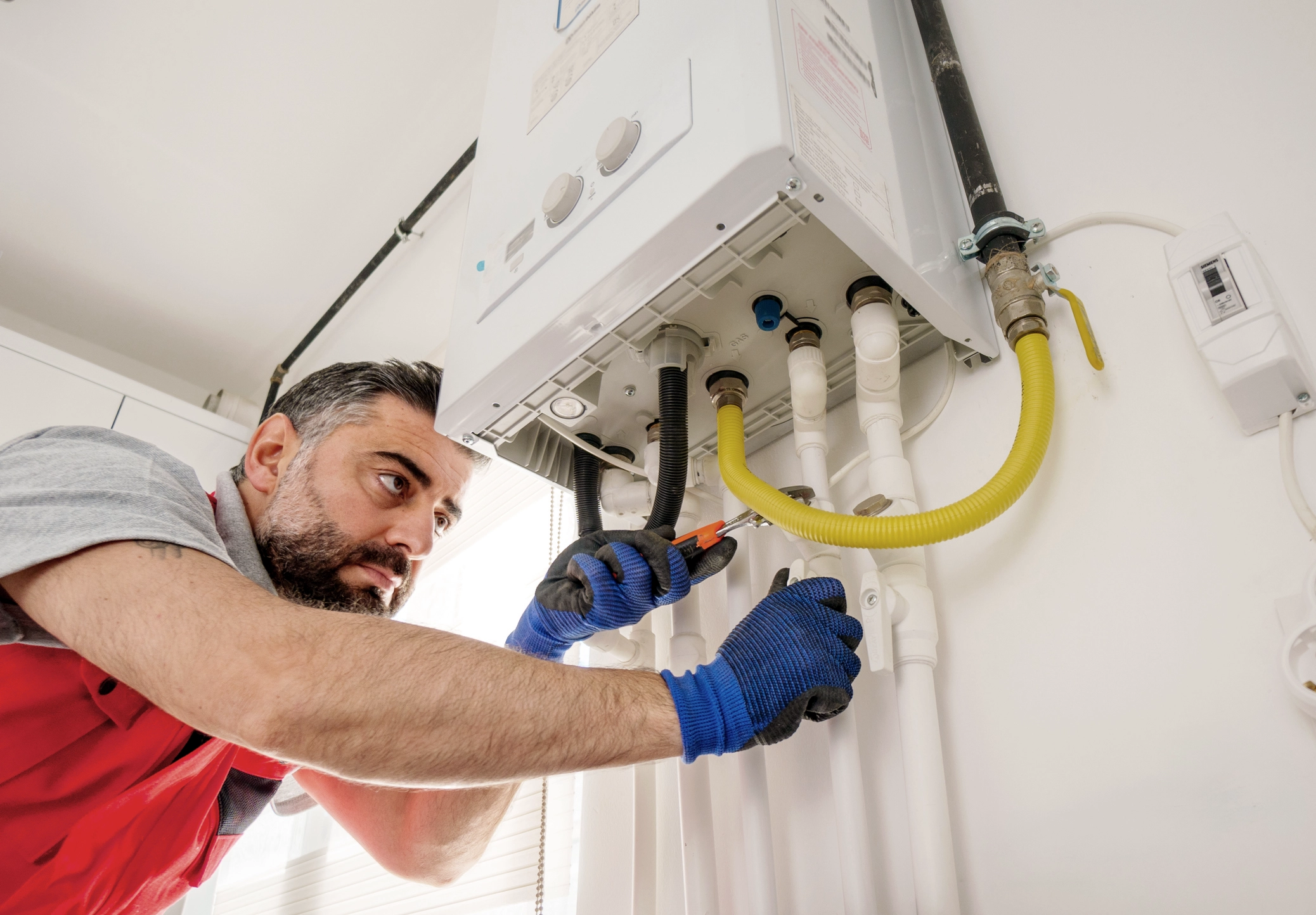Safeguarding our customers and communities
Safeguarding means protecting the health, wellbeing and human rights of children and adults at risk, enabling them to live safely, free from abuse and neglect.

Safeguarding is everyone’s business.
It's about people and organisations working together to prevent both the risks and experience of abuse or neglect. It also means making sure that the adult's wellbeing is supported and their views, wishes, feelings and beliefs are respected
We're committed to ensuring that everyone who lives in one of our homes is supported to make decisions about how to live their life free from abuse and neglect.
Types of abuse and neglect
Discrimination
Someone being discriminated against because of their race, gender, cultural beliefs, religion, physical appearance, sexual orientation, or age.
Domestic abuse
Someone experiencing physical, sexual, psychological, or financial violence from their partner, spouse, or family-type relationship.
Financial
Someone who has had personal possessions stolen from them, or been a victim of fraud or internet scamming. They may also have been pressured into making or changing a will to benefit another person against their wishes.
Modern slavery
Someone may be forced to work against their will, often in poor conditions for little or no pay.
Neglect
Someone may not be having their medical or physical care needs met.
Sexual abuse
Someone experiencing sexual assault or sexual acts which they have not consented to, couldn't consent to or was pressured into consenting.
Physical abuse
Someone being hit, punched, or hurt in a physical way.
Organisational
Someone who is not receiving a good level of care or the appropriate care in a care home, hospital or in their own home if they receive care there.
Self-neglect
A range of behaviors where an adult neglects their personal hygiene, health, or surroundings, and can include hoarding.
Cuckooing
We've seen an increase in the number of cuckooing cases over recent years.
Cuckooing is a practice where people take over a person’s home and use the property to facilitate exploitation. It takes its name from cuckoos that take over the nests of other birds.
Different types of cuckooing include:
- using the property to deal, store or take drugs
- using the property for sex work
- taking over the property to live in it
- living at the property and abusing or exploiting the tenant
If you think an adult at risk has had their home taken over by a group or individual, please contact us.
How to report a safeguarding issue
- If you or someone else is in immediate danger, call 999 right away.
- For non-urgent situations, contact your local authority's Safeguarding Children and Adults at Risk teams.
- If the person at risk of abuse (not in immediate danger) is an RHP customer, contact us.
All reports will be handled with the utmost confidentiality, and appropriate steps will be taken to address the concerns raised.